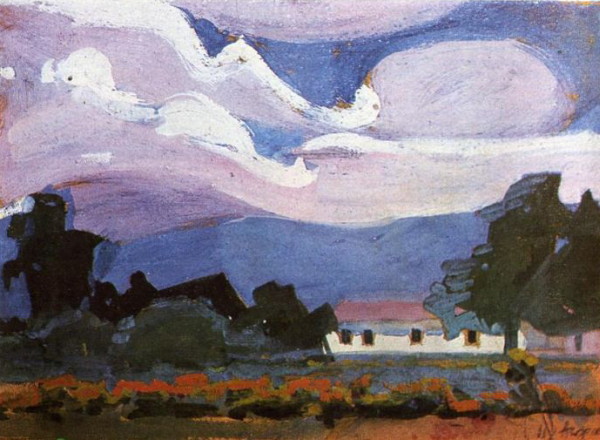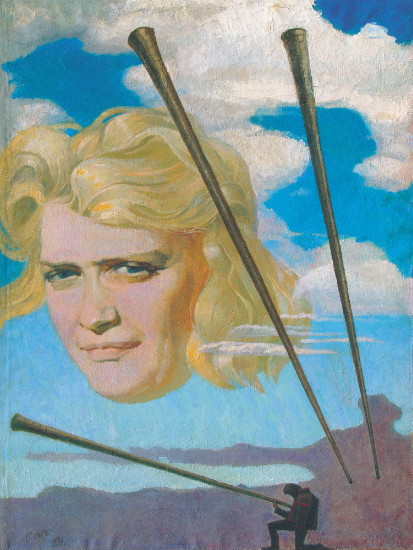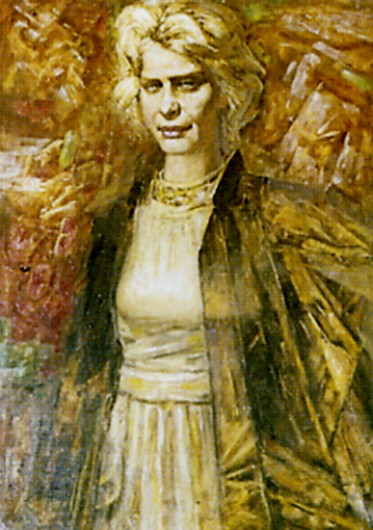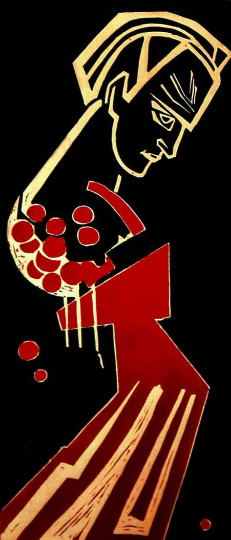Horska, Alla
Horska, Alla [Горська, Алла: Hors’ka], b 18 September 1929 in Yalta in the Crimea, d 28 November 1970 in Vasylkiv, Kyiv oblast. Monumentalist painter, graduate of the Kyiv State Art Institute, and wife of Viktor Zaretsky. She was a founder and active member of the Club of Creative Youth (est 1962) in Kyiv, which played an important role in the cultural movement of the 1960s. She designed the stage sets for Mykola Kulish's Otak zahynuv Huska (Thus Huska Perished), whose premiere at the Lviv Ukrainian Drama Theater was banned. In 1964 she collaborated with Halyna Sevruk and Liudmyla Semykina on a stained-glass panel designed by Opanas Zalyvakha for Kyiv University. Because of its unconventional style and patriotic message, the panel, which depicted an angry Taras Shevchenko, was destroyed by the authorities, and Horska was expelled from the Union of Artists of Ukraine. To find work she had to leave Kyiv, but she continued to defy the authorities by protesting against their repressive measures. She was murdered in 1970. Although the crime remains officially unsolved, circumstantial evidence points to the KGB's involvement. Horska's main works are monumental internal and external paintings and mosaics decorating schools, museums, and restaurants, done in collaboration with other artists. A collection of Horska’s letters and essays as well as reminiscences about her, edited by Oleksii Zaretsky and Mykola Marychevsky, was published in Kyiv in 1996 as Chervona tin’ kalyny (Red Shadow of the Viburnym).
[This article was updated in 2001.]
.jpg)
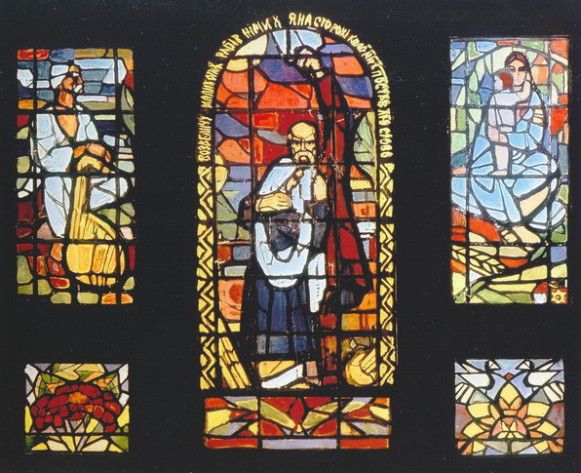
.jpg)
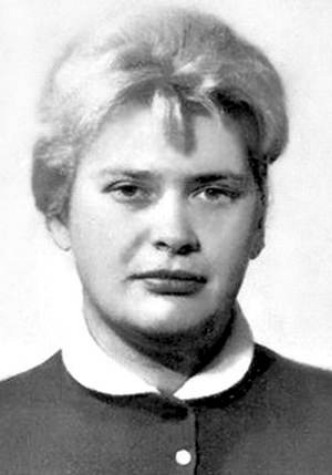
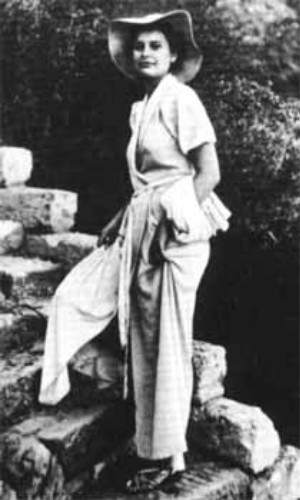
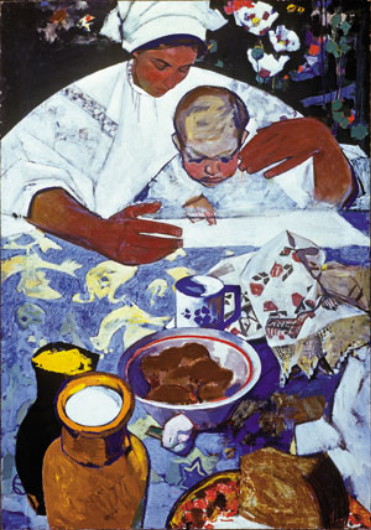
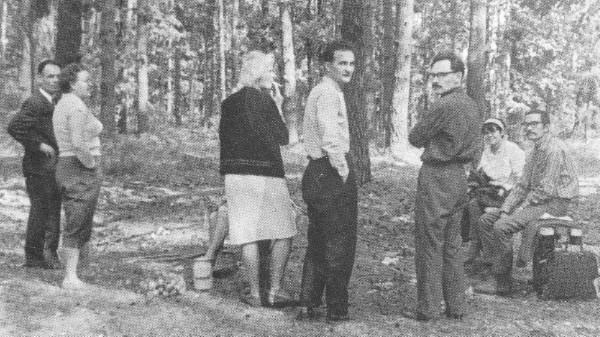
.jpg)
.jpg)
